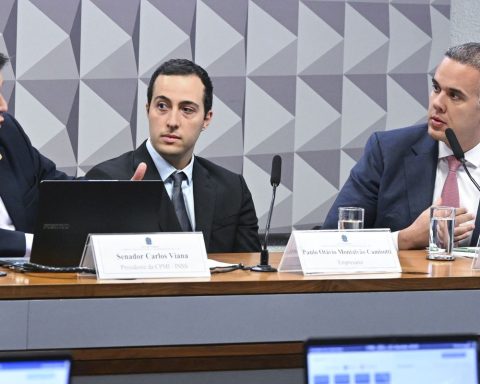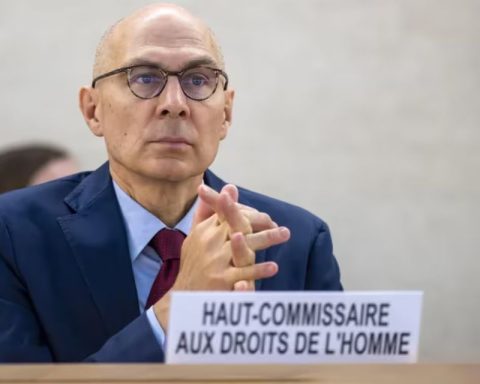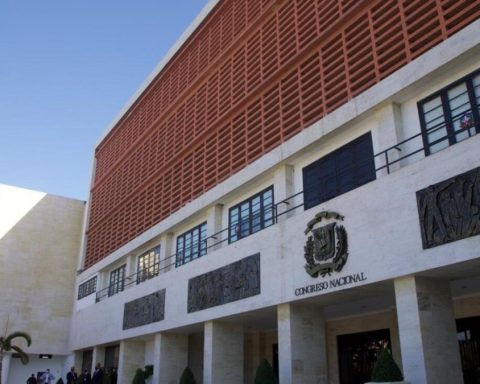Six European countries will send aid to France, whose firefighters are battling new wildfires reignited by another heat wave and a worrying drought for the agricultural sector.
Four aircraft from the European Union (EU) fleet of firefighters have been sent to France from Greece and Sweden, and firefighting teams from Germany, Poland, Austria and Romania are en route, in response to a request for assistance from the French government. the European Commission announced on Thursday.
“The European Union is totally supportive when a country is confronted with an emergency situation,” said the European commissioner in charge of crisis management, Janez Lenarcic, in a statement.
“European solidarity is on the march!” French President Emmanuel Macron celebrated on Twitter.
Eight major sources of fire remained alive this Thursday in French territory, including pre-Alpine areas, on the edge of the sea in the southwest, in the mountainous center. This without counting dozens of small attempts that force us to act quickly.
In the Gironde (southwest) the flames have already burned 6,000 hectares. A month ago, that wooded region facing the Atlantic had already suffered the loss of 14,000 hectares. Ten thousand people have been evacuated, some for the second time so far this summer.
“The population is concerned but maintains discipline. In any case, there is a feeling of being fed up, this is too much,” the mayor of the town of Moustey, Vincent Ichard, told AFP, where 250 of its 680 inhabitants had to be evacuated. in the Landes department.
In total, more than 40,000 hectares have been burned this year in France, according to the authorities, while satellite measurements put the figure at up to 50,000 hectares.
In any case, the figures multiply the annual average of the preceding 15 years, as in Spain. The strong summer heat also affects Germany and Portugal.
More than 1,500 firefighters tried this Thursday to put out a forest fire that has been raging for several days in the Serra da Estrela natural park, a mountainous region in central Portugal.
In western Germany, the falling level of the Rhine makes river navigation difficult, causing supply problems in the area and weighing on an already weakened German economy.
“We have to use three or four ships, when in normal times we would only need one” to transport the same cargo, which must be limited to prevent the ship from being stranded, Roberto Spranzi, head of a maritime transport cooperative, told AFP. in Duisburg.
– The impact on crops –
In France, the weather forecast is for clear weather throughout the territory, with no trace of rain until Sunday.
July was the driest month since March 1961. France has had three heat waves so far this summer.
Although 40ºC has not been exceeded again in several regions, as happened in July, 18 departments are on orange alert, that is, their inhabitants must remain “very vigilant” in the face of the prevailing situation.
Paris will hit 35C on Friday. The rains will begin to fall from the southwest on Sunday, according to weather forecasts.
In addition to the lack of water and fires, authorities and farmers are concerned about the impact on crops.
Maize, which conquered France in the 1970s, poses a particularly delicate challenge. It is a plant that requires a lot of water on a regular basis, and is essential for livestock.
France is the first European exporter of maize, and dedicates around 10% of its usable agricultural area to that crop.
“To complete its growth cycle and achieve profitable production, it needs water in July and August, the months when there is less water in France,” explains Agnès Ducharne, a CNRS researcher.
For its part, the harvests have been advanced several weeks in regions such as the island of Corsica or Roussillon, where farmers have already begun to cut the vines.
“Never in thirty years have I started my harvest on August 9,” said Jérôme Despey, owner in the L’Hérault region (southeast).
YS











